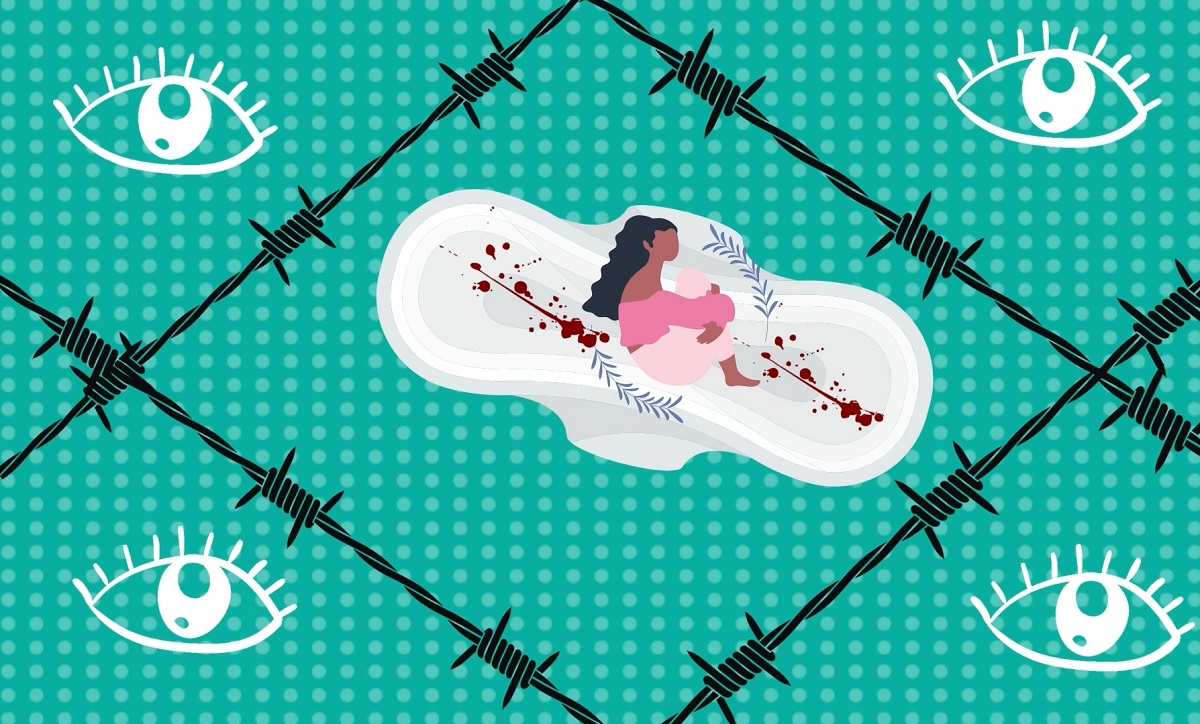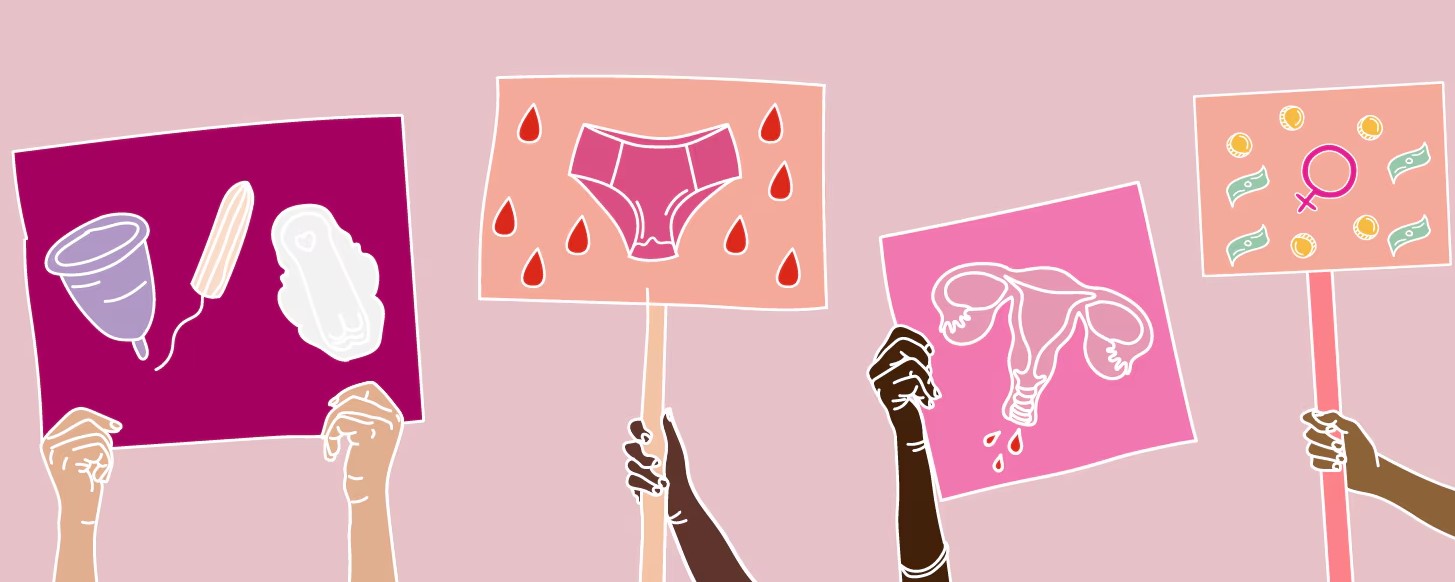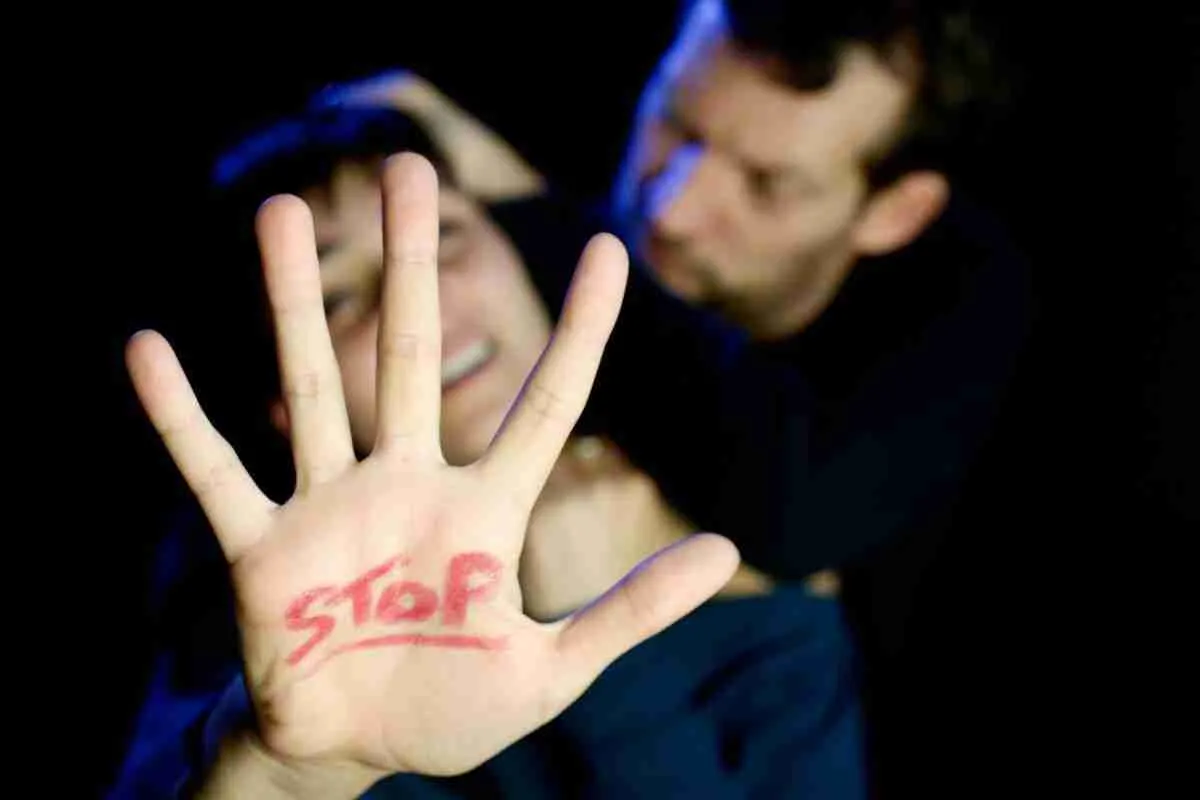Period poverty creates significant challenges for many women and girls. The inability to afford basic menstrual products forces individuals to make difficult choices, often sacrificing other necessities to manage their periods. It extends beyond financial barriers, as stigma surrounding menstruation prevents open discussions, leaving many to suffer in silence and isolation.
Effects of period poverty reach into education, work, and health. Girls fall behind in school, women face career setbacks, and marginalized groups bear the greatest burden. Tackling this issue is about fairness and creating a society where everyone has equal opportunities, free from unnecessary barriers.
How Period Poverty Affects Women’s Lives
Period poverty harms health, education, and workplace participation. The inability to afford menstrual products forces women and girls to choose between essential needs, often compromising dignity and well-being. The issue exposes deeper systemic inequalities.
Risks From Improvised Alternatives

Many rely on unsafe substitutes for menstrual products, including:
- Rags or cloth
- Toilet paper or tissues
- Newspaper or other materials
Educational Disadvantages
Period poverty disrupts education for many girls. In the UK, over 137,700 students miss school yearly due to a lack of access to sanitary products. The result is:
- Missed lessons that widen knowledge gaps
- Decreased academic performance
- Lost opportunities, with missed days equating to over half an academic year
Workplace Challenges
Women in low-income jobs face greater difficulties managing periods. Period poverty contributes to:
- Lost income due to missed workdays
- Reduced opportunities for promotions or advancement
- Increased stigma in environments with limited awareness
Social Stigma
Shame and silence around menstruation prevent open conversations about period poverty. Many feel unable to ask for help or share concerns, leading to:
- A lack of understanding about the issue among decision-makers
- Insufficient resources allocated to addressing the problem
- Continued marginalization of menstruating individuals
Impact on Vulnerable Groups
Period poverty affects already marginalized communities more severely, including:
- Women from minority ethnic backgrounds
- Refugees or displaced individuals
- People experiencing financial or digital poverty
Path Toward Solutions
Eradicating period poverty requires comprehensive action:
- Policies providing free or affordable menstrual products in schools, workplaces, and public spaces
- Public campaigns promoting open conversations about menstruation
- Tailored initiatives to support marginalized groups and address specific cultural barriers
The Lifetime Cost of Periods
On average, a woman spends approximately £4,800 on period products over her lifetime. This figure includes the costs of tampons, pads, pain relief, and other hygiene necessities. For those living paycheck to paycheck, these costs are overwhelming. Unlike optional items, menstrual products are an unavoidable need, yet they remain unaffordable for many.
In the UK, sanitary products are still classified as “luxury, non-essential items.” While the tampon tax has been abolished in some areas, this outdated classification previously inflated prices further, underscoring the lack of recognition for women’s needs.
The Real Impact of Period Poverty

Around 10% of women and girls in the UK cannot afford period products. This lack of access forces them to:
- Use unsafe alternatives like rags or toilet paper
- Ration products, using them longer than recommended
- Miss school, work, or social activities
Hidden Costs
- Missed income due to absences from work
- Additional healthcare costs for infections caused by improvised alternatives
- Limited access to pain management resources, affecting productivity and well-being
Why Girls Miss School During Their Periods?
Period poverty forces many young girls to stay home during their periods, depriving them of education and opportunities. Missing school impacts their academic progress, self-esteem, and future potential, creating a cycle of disadvantage that is hard to escape.
Barriers Girls Face

The inability to afford menstrual products is the primary reason girls miss school. Without proper supplies, they:
- Feel uncomfortable attending classes
- Fear embarrassment from leaks or stains
- Experience stigma from peers and teachers
In some cases, schools lack proper facilities, such as clean bathrooms or waste disposal, further discouraging attendance.
The Long-Term Impact
Missing school due to periods leads to significant educational setbacks. Over a girl’s school career, repeated absences can add up to more than half an academic year. Falling behind in studies reduces chances for higher education and limits career options, widening the gender gap in professional opportunities.
Stories From Around the World
In many countries, the problem is even more severe. For instance:
- In sub-Saharan Africa, 1 in 10 girls skips school during their periods due to lack of access to products and clean facilities.
- In India, nearly 23% of girls drop out of school entirely after they start menstruating, citing shame and lack of support.
What Countries Are Doing to Fight Period Poverty?
Some countries have taken proactive steps to address period poverty, recognizing it as a significant barrier to gender equality. By implementing policies and programs to provide free menstrual products and promote education, these nations are setting examples for others to follow.
Scotland: A Global Leader
Scotland became the first country to provide free menstrual products to anyone in need. In 2020, the Scottish Parliament passed the Period Products (Free Provision) Act, ensuring access to free products in schools, universities, workplaces, and public facilities. This initiative:
- Reduces financial strain on women and girls
- Promotes menstrual equity by making products universally accessible
- Encourages open conversations about menstruation
Scotland’s approach has become a model for other nations, proving that large-scale solutions are achievable.
New Zealand’s School-Based Initiative
New Zealand has also taken significant steps by providing free menstrual products in all schools. This policy aims to:
- Eliminate absenteeism caused by period poverty among students
- Create a supportive environment for girls to focus on their education
- Break the stigma by normalizing the availability of products
Progress in Other Countries
Several nations have begun addressing period poverty with innovative solutions:
- England: Schools and colleges offer free sanitary products as part of a government initiative to tackle period poverty.
- Kenya: The government provides free sanitary pads to schoolgirls to improve attendance and health outcomes.
- India: Non-governmental organizations work in rural areas to distribute affordable, biodegradable menstrual products while conducting awareness campaigns.
FAQs
How does period poverty affect access to sports and extracurricular activities?
Period poverty often forces girls to opt out of sports, arts, and other extracurricular activities. Without proper menstrual products, physical activities can feel risky due to fear of leaks or discomfort. Missing out on these activities can limit social connections, skill development, and confidence, which are critical for personal growth.
Are menstrual cups or reusable products a solution to period poverty?
Menstrual cups and reusable pads offer a sustainable and cost-effective alternative. However, initial costs, lack of awareness, and cultural taboos often prevent widespread adoption. Education on usage and access to clean water for maintenance are critical factors for making these products viable in addressing period poverty.
What role do men play in solving period poverty?
Men have a significant role in dismantling the stigma around menstruation and advocating for change. By supporting policies for free products, participating in awareness campaigns, and normalizing discussions about menstruation, men can help create an inclusive environment for everyone.
Why is period poverty not discussed openly in some cultures?
In many cultures, menstruation is still seen as a taboo topic. Deeply rooted societal and religious beliefs often label periods as unclean, discouraging open conversations. This silence prevents people from addressing period poverty effectively and contributes to the ongoing shame and stigma.
How does period poverty affect women in prisons or detention centers?
Women in prisons or detention centers often face severe challenges accessing menstrual products. Supplies may be limited, poorly distributed, or withheld as a form of control. This lack of access results in unsanitary practices, physical discomfort, and a loss of dignity. Advocating for better menstrual health policies within correctional facilities is a crucial step toward addressing this issue.
Last Words
Period poverty remains a critical issue that affects millions of women and girls worldwide. Lack of access to menstrual products and the stigma surrounding menstruation perpetuate inequality in education, work, and daily life. Tackling period poverty requires practical solutions like providing free menstrual products, improving facilities, and addressing cultural barriers. Real change begins with action and a commitment to ensuring no one is left behind because of something as basic as managing their period.





